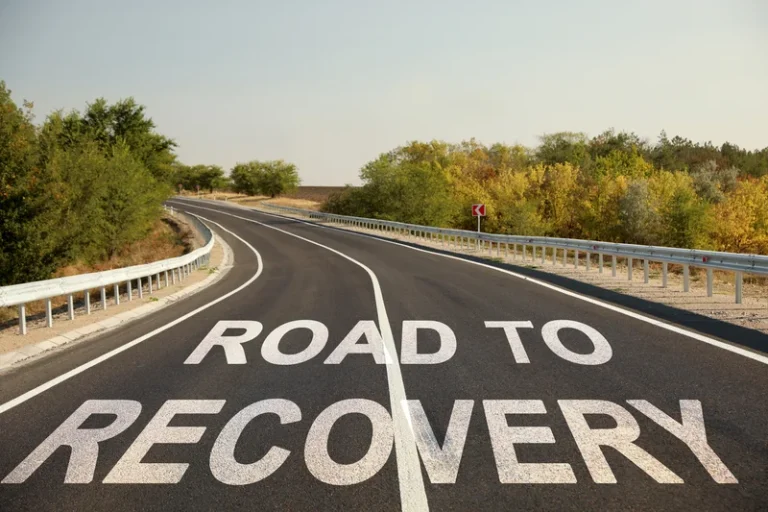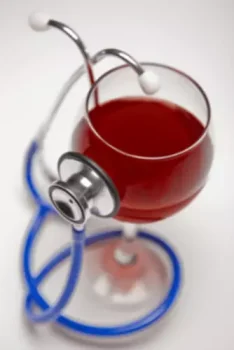
However, both groups operate on similar principles of mutual support, anonymity, and a non-judgmental atmosphere. You may need a different approach to treatment, or perhaps to return to inpatient treatment. Regardless of what led to a relapse, getting back on track quickly gives you the best chance at long-term recovery, rather than waiting until the problem worsens. It is hard to admit to others that you have experienced a relapse, but it is the best thing to do. It is always better to be honest and work on getting the process of recovery started again as quickly as possible. Yet, preventing a relapse isn’t always possible, regardless of the treatment you received and techniques you applied.

Your Relapse Prevention Toolkit: Essential Gear for the Recovery Journey
Calls to our general hotline may be answered by private treatment providers. We may be paid a fee for marketing or advertising by organizations that can assist with treating people with substance use disorders. Patients treated for substance use disorder often fall relapse prevention plan back to their old addictive habits, which becomes a source of frustration for them and their families. Many think a lapse means the failure of a patient to recover successfully. Having a supportive network of family, friends, or colleagues may make recovery easier.
Worksheets for Practicing Coping Skills
But they can be stressful issues, and, if tackled too soon, clients may not have the necessary coping skills to handle them, which may lead to relapse. The tasks of this stage can be summarized as improved physical and emotional self-care. Clinical experience has shown that recovering individuals are often in a rush to skip past these tasks and get on with what they think are the real issues of recovery. Clients need to be reminded that lack of self-care is what got them here and that continued lack of self-care will lead back to relapse.
Planning for High-Risk Situations
Clients are often eager to make big external changes in early recovery, such as changing jobs or ending a relationship. It is generally felt that big changes should be avoided in the first year until individuals have enough perspective to see their role, if any, in these issues and to not focus entirely on others. One of the important tasks of therapy is to help individuals redefine fun. Clinical experience has shown that when clients are under stress, they tend to glamorize their past use and think about it longingly.

Cognitive Therapy and Relapse Prevention

This blog explores relapse prevention, strategies for avoiding triggers, and coping mechanisms to manage urges of repeat negative habits. Whether you or a loved one are experiencing challenges controlling their addictive behaviors, the road toward rebuilding self-control can be overwhelming. You may not plan to relapse, but that doesn’t mean you’re not susceptible to one. If you’re recovering from a substance use disorder, it’s important https://ecosoberhouse.com/ to have a plan written out and shared with others, such as friends, family members, or members of your professional care team. To prevent a relapse, you will want to remove triggers, including places, people, or purchases that may bring about urges to use again. Some warning signs of a potential relapse, according to Gottlich, could include secretiveness, disengaging from treatment, and being overly arrogant about sobriety.
- In late stage recovery, individuals are subject to special risks of relapse that are not often seen in the early stages.
- Therapists and counselors are specially trained to help people safely navigate the addiction and recovery.
- They should not have unrealistic expectations, which may involve never thinking about using substances again.
Relapse Risk Factors
Recovery Coaching
- The acronym “HALT” stands for Hungry, Angry, Lonely, and Tired—four common conditions that can trigger a relapse.
- Prioritizing your boundaries ensures that you’re aligned with what’s best for your well-being.
- Part of challenging addictive thinking is to encourage clients to see that they cannot be good to others if they are first not good to themselves.
- More broadly speaking, I believe that recovering individuals need to learn to feel comfortable with being uncomfortable.

- There are many risks to recovery at this stage, including physical cravings, poor self-care, wanting to use just one more time, and struggling with whether one has an addiction.
- We cannot guarantee payment or verification eligibility as conveyed by your health insurance provider will be accurate and complete.
- Developing effective coping strategies helps you handle stress, emotions, and triggers without turning to substance use.
- By working through this recidivism prevention plan example, patients can deal more effectively with their triggers and cravings and stay on track to fully recover from addiction.
- By including these accountability measures in your plan, you create a structured approach to staying committed to your recovery.

No comment